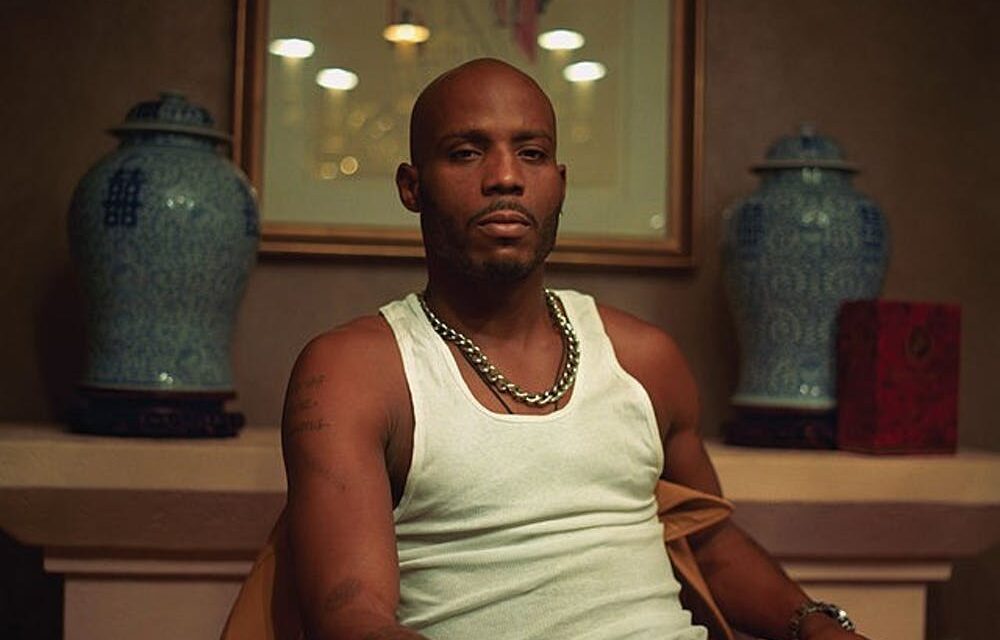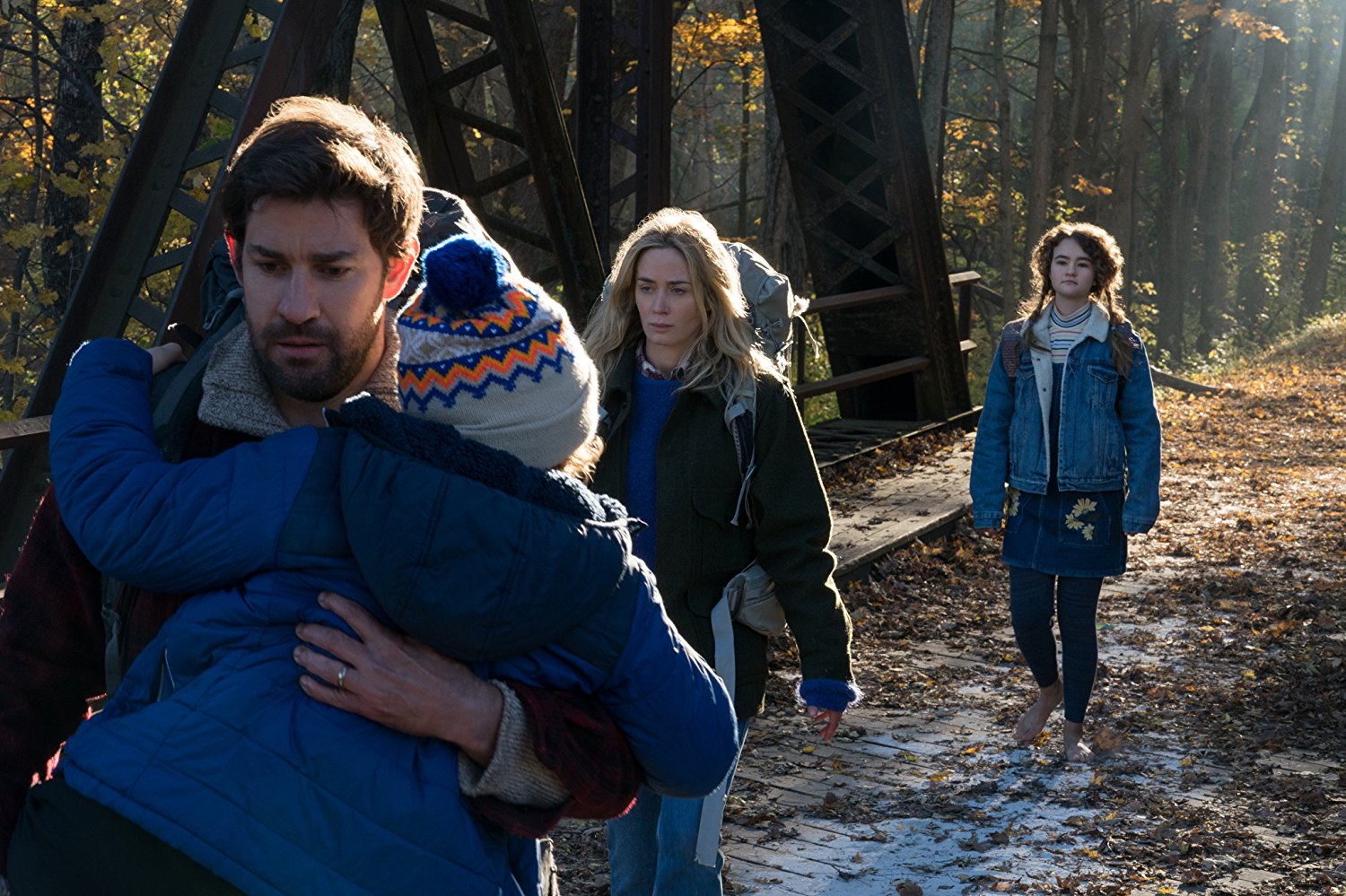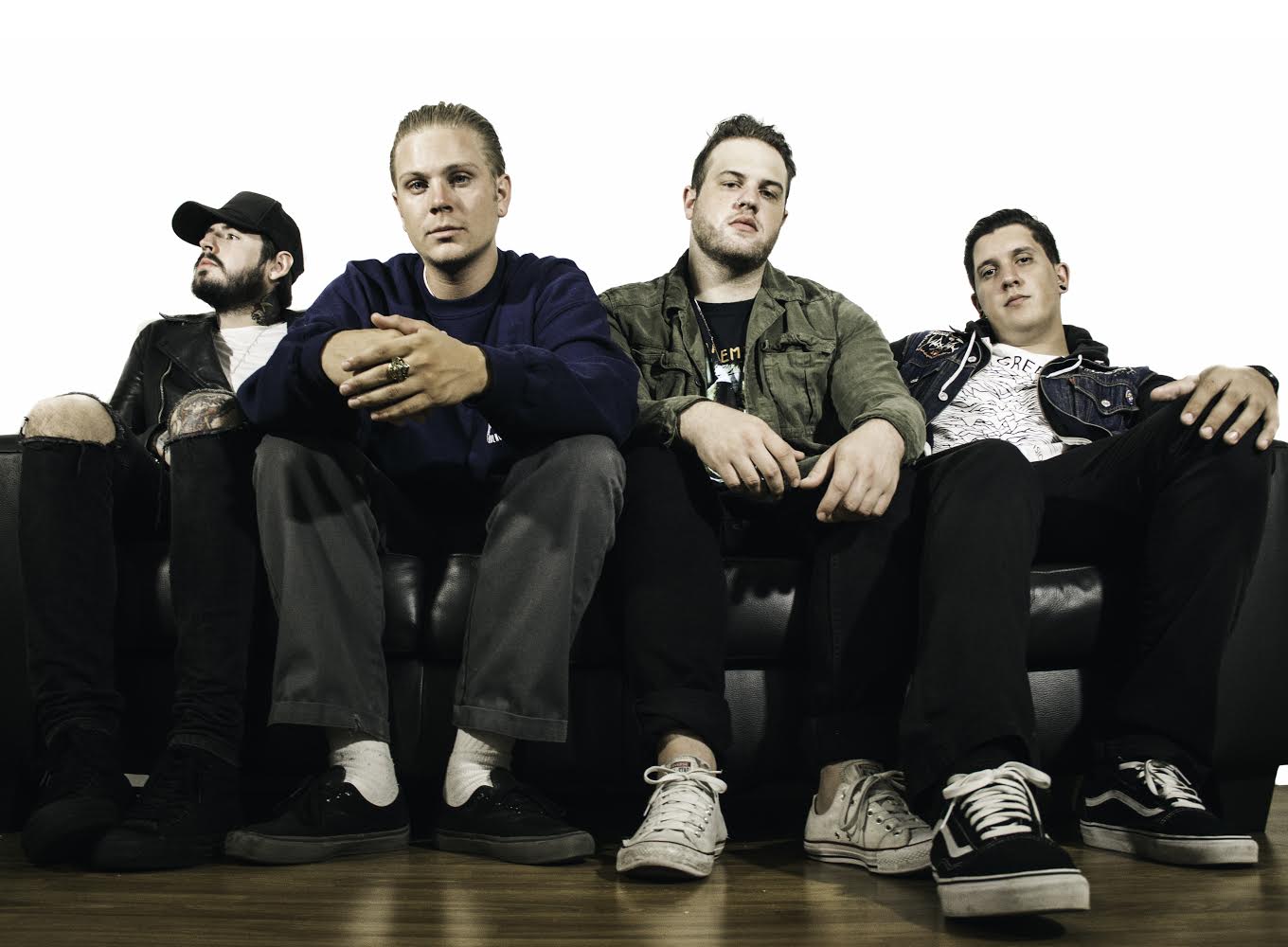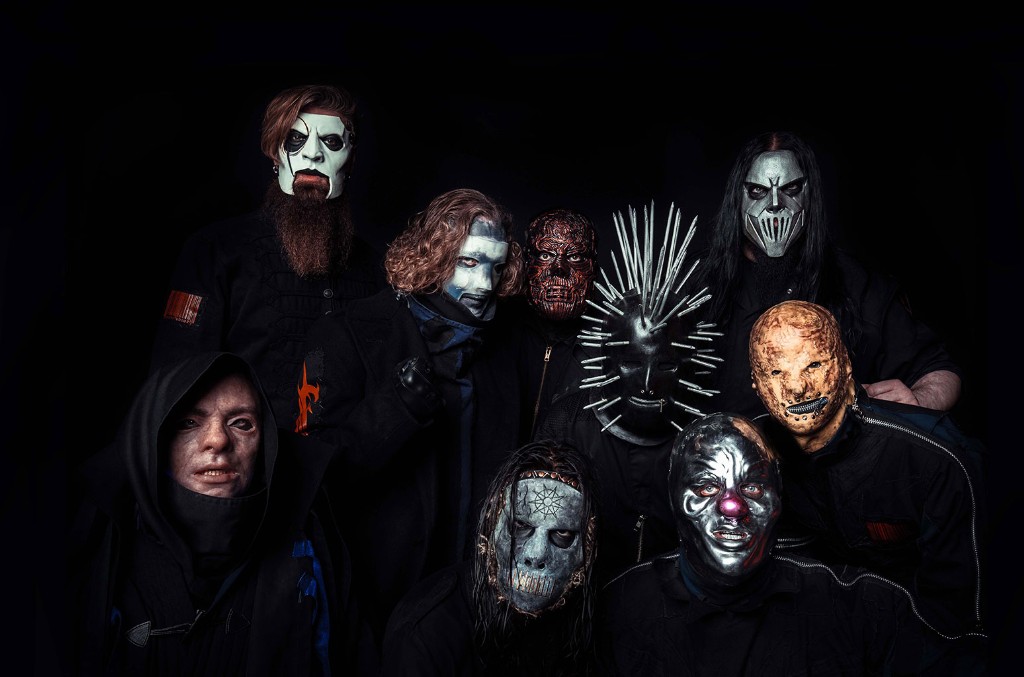In 1998, my musical consumption comprised of Hot 97 on a small radio and a tape deck. Those days, you had cassettes and mastered the intricate art of taping songs off the radio. You would have to stop the tape soon enough that the DJ wouldn’t interrupt, or it wouldn’t merge into another song. After school, there were cartoons, a bit of homework, and Angie Martinez’s afternoon show. Sometimes you hear exclusive interviews or a new track. It was a time when the element of anticipation was different in music. Music video premieres had prime time slots. A Hype Williams video, complete with the stylized lettering and movie-like production, was as a big deal as the record attached to it. I invested you in an artist’s release because it felt as though it intertwined you in all parts of it: the interviews, the visuals, the singles. Buying the CD was the final stamp of approval. It was the investment.
With my family, musical discovery felt like church. Whether it be from my uncle introducing me to rap and older R&B or my mother playing soul and gospel records, it felt euphoric. All these sounds and stories helped develop my creative repertoire. The songs of my youth often take me to a specific memory in time. I always marveled at the power of music in anchoring us in the present. Maybe we might not have the answer to a particular problem, but melting away in music always made it feel possible.
That summer, I got DMX’s It’s Dark,, and Hell Is Hot with an anti-skip Walkman. (It still skipped anyway.) My first interaction with his music was seeing the video for ‘Get At Me Dog’ on BET. Black and white with the occasional lens flare. DMX is rapping passionately into the camera within a concert hall with overalls. It was a departure from the ‘Shiny Suit Era’ of rap. You enjoyed it, memorized it, and danced to it. The display of wealth kept you at a distance. DMX felt like he was at eye level. The aggression only drew us to him because it felt like he was our mouthpiece. He was he fury and force behind the things Black Americans couldn’t verbalize. It’s Dark highlighted the rough upbringing of Earl Simmons and how DMX was going to convey that to us. ‘Ruff Ryders Anthem’ even today continues to feel like a triumphant call to action. With ‘Stop Being Greedy,’ complete with the horror movie-like organs from producers Dame Grease and PK, Simmons switched from an aggressive and calm tone on a whim. As you go through the album, you arrive at the end of a skit called ‘Prayer.’
So, if it takes me to suffer for my brother to see the light/Give me pain till I die, please, Lord, treat him right. The force in which he said those lines shook me. I had listened to an entire album of a man who exuded confidence, but the actual strength was his being vulnerable. “Lord, I come to you hungry and tired, you give me food and let me sleep/I come to you weak, you give me strength, and that’s deep.” He was letting us in a space that we usually reserve for private — whether it be in our bedrooms or inside the halls of a cathedral. The words or cries we say to a higher power hold our hopes and fears. They try to usher in the better days and clear out the worst days.
When you are younger, they teach you not to question anything. Everything happens for a reason, and you must roll with the punches. He was even looking at the concept of prayer itself. The people that come before us shapes our vehicles. Here, you have a man questioning the grand plan he believes is laid before him. Not to the detriment of his faith. If anything, he’s closer to it because he can speak about it unapologetically. Some of us won’t admit that we often wrestle with the concept of faith, but he did. DMX shared his low points with his biggest triumphs. As he took us on a journey, he sat us down and gave us a complete moment of a lesson on every album.
These were our fables. Most of us were still tinkering with the words to express ourselves. Hormones usually jumbled that into dysfunction as we reasoned how we expressed ourselves. DMX made it ok for rap to go behind that sacred place, and he also gave us the words to pray when some of us were trying to find them. A prayer circle that we could rewind, pause and refer to like our mobile church.
The Christmas of 1999, I bought DMX’s third album,… And Then There Was X as a present. Besides playing records like ‘One More Road To Cross,’ ‘What’s My Name,’ and ‘Party Up’ repeatedly, I flipped to ‘Prayer III’ like the album before and ones after it. It felt like a Friday afternoon cleansing. Also, a particular marker in where DMX’s life is. A line in this prayer resonated with me with his passing: “If what you want from me is to bring your children to you/My regret is only havin’ one life to do it, instead of two.”
I hope he knows his words were so powerful that one life couldn’t show how meaningful they are.













